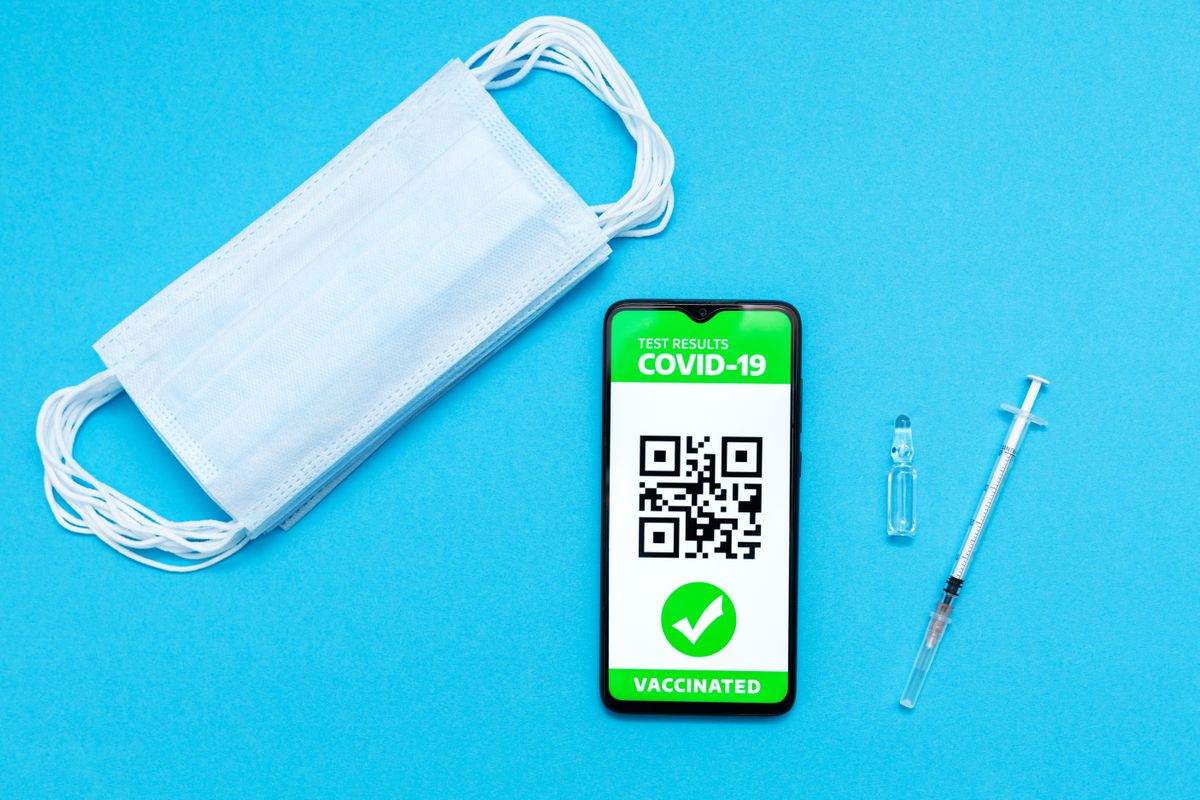Equitable distribution and economic recovery
We must not make the mistake of believing that there are, on the one hand, ethical considerations such as those of fairness, and on the other hand, considerations of an economic nature. Economic issues always have an ethical dimension. An ethic of solidarity currently requires states to support and compensate the citizens most affected by the epidemic. Countries are also agreeing to run large deficits in order to stimulate economic recovery.
The introduction of a vaccination passport or other evidence of immunization can greatly contribute to revitalizing sectors that have been adversely affected by the epidemic. A rapid (and green) economic recovery is in the interest of all citizens, including the most disadvantaged.
While governments happily agreed to run large deficits in order to support citizens and businesses hard hit by containment and physical distancing measures, they will also implement, when the context permits, a phase-out plan. Deficits that could push decision-makers to reduce or freeze funding for some comprehensive public services or wealth redistribution policies.
Like the INSPQ Public Health Ethics Committee, I consider the use of a vaccination passport to be desirable as a temporary measure aimed at mitigating the negative effects of the epidemic and health facility rules. Access to target activities should not be conditional on possession of a vaccination passport once the vaccination threshold required for herd immunity has been reached. Once this threshold is reached, the virus will not be able to find enough transport belts within the population to reproduce on a large scale.
Until then, the ability to gather and enjoy a vaccine passport can be a strong incentive to get vaccinated. It goes without saying that the modalities for implementing the vaccination certificate must be consistent with the development of scientific knowledge about the effectiveness of vaccines and the risk of virus transmission from the vaccinated persons.
Solidarity ethics
The central argument in favor of the temporary use of the permissibility of vaccination is that the moral benefits outweigh the disadvantages. However, any mature and honest ethical reasoning must recognize the inherent costs of the options available to decision makers. Unfortunately, unvaccinated people were not able to enjoy the same rights and opportunities during a certain period.
However, it should be noted that social activities that can be relaunched more quickly thanks to the permissibility of vaccination should not imply basic rights such as access to education or health care, or even equal access to health care. The vaccination passport should not be used to identify students who will be able to access classroom instruction at the university in the fall of 2021, or candidates who are called up for a job interview for a particular position.
I am one of those who have affirmed, since the start of the COVID-19 pandemic, that an ethic of solidarity must be at the basis of our collective and individual decisions. The principle of solidarity involves the recognition that our individual destiny is closely linked to that of the other members of our society, and that we act in the interest of the most vulnerable groups within this community.
In practical terms, this justifies in the pre-vaccination stages the great sacrifices of the people least at risk of post-infection complications in order to protect the elderly and those who live with significant risk factors.
It is also important to emphasize that the permissibility of vaccination, to be acceptable from an ethical point of view, should not be considered, at least at this stage, as an indirect punitive measure for those who refuse to be vaccinated, such as the support of some historians he – she.
Proof of immunization would no longer be required if herd immunity was achieved. If it turns out that this immunity is not achieved due to the decisions of those hesitating or opposing vaccines, then an ethical and democratic debate will have to take place about the potential long-term use of the vaccine. Proof of immunization.
Establishing a system of differentiated rights for an indefinite period on the fragile basis of the principle of individual responsibility demands exceptionally strong moral justification.

“Total creator. Evil zombie fan. Food evangelist. Alcohol practitioner. Web aficionado. Passionate beer advocate.”

